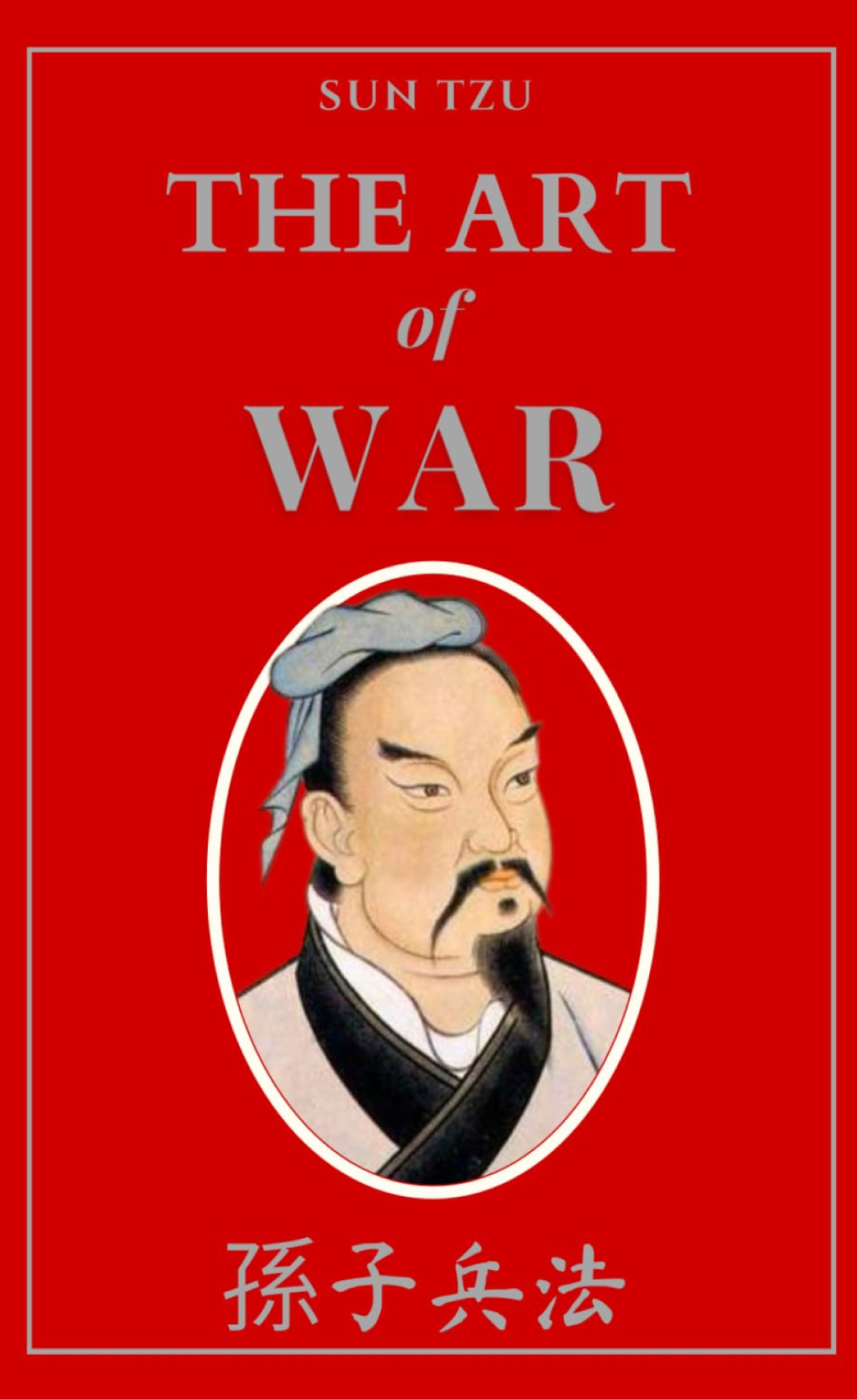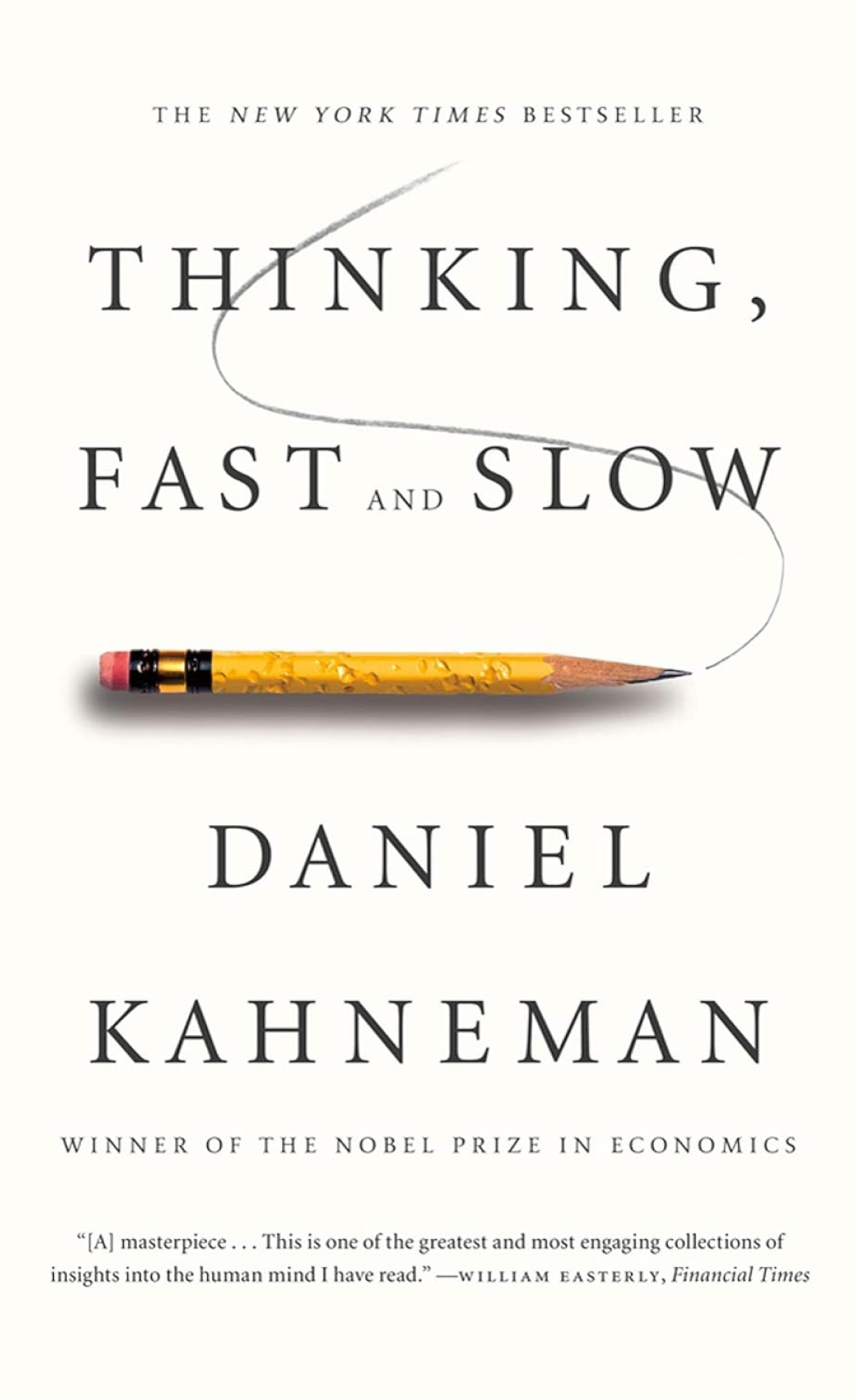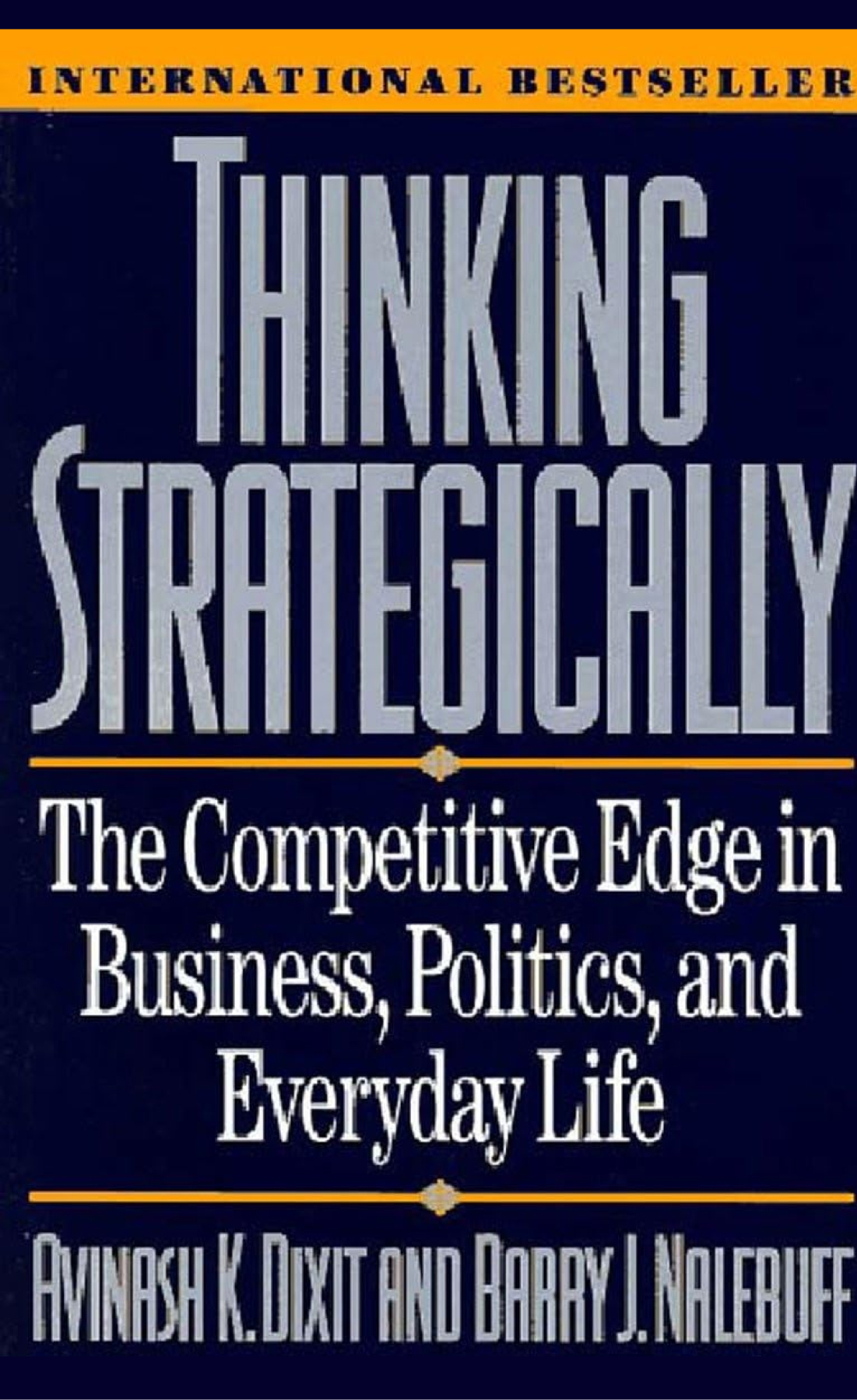Major concepts

Game Theory
Game Theory examines how participants make decisions when outcomes depend on others' actions.

- Anticipate others' actions to make better decisions.
- Identify strategic players, strategies, and outcomes.
- Use Nash Equilibrium to find stable strategies where no one gains by changing their choice.
- Look for collaboration opportunities in competitive situations.
Game Theory is a crucial tool for analyzing strategic interactions in competitive settings.
It helps predict how people or organizations behave when their outcomes depend on others' decisions.
In simple terms, Game Theory focuses on how choices and actions affect everyone involved.
It's applicable to everything from business decisions to political campaigns.
The Basics of Game Theory
Game Theory involves three main elements:
- Players: The decision-makers (individuals or groups).
- Strategies: The possible actions each player can take.
- Payoffs: The outcomes or rewards based on the chosen strategies.
By understanding these, you can predict how players will act and what outcomes are most likely.
A key concept in Game Theory is the Nash Equilibrium—where no player can benefit from changing their strategy if others keep theirs the same. It represents a stable state in strategic situations.
Why It Matters
Game Theory is valuable because it reflects real-world situations where decisions affect each other.
From economics to biology, it shows how competition and cooperation shape outcomes. It emphasizes the importance of strategic thinking in complex interactions.
Understanding Game Theory helps anticipate others’ moves and make better decisions in situations where outcomes are interdependent.
How to Apply Game Theory
To use Game Theory in your decisions:
- Identify key players in the scenario.
- Analyze possible strategies and their outcomes.
- Understand incentives that drive others' actions.
- Seek win-win scenarios to encourage cooperation where possible.
Using this approach can help you navigate competitive environments and improve decision-making.




